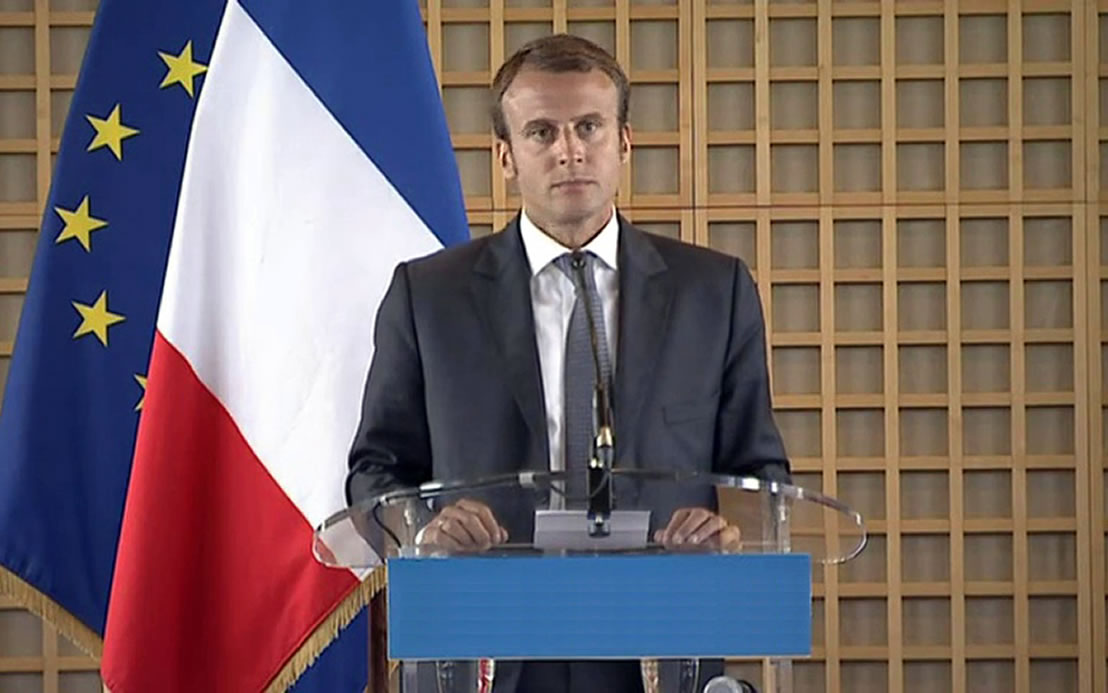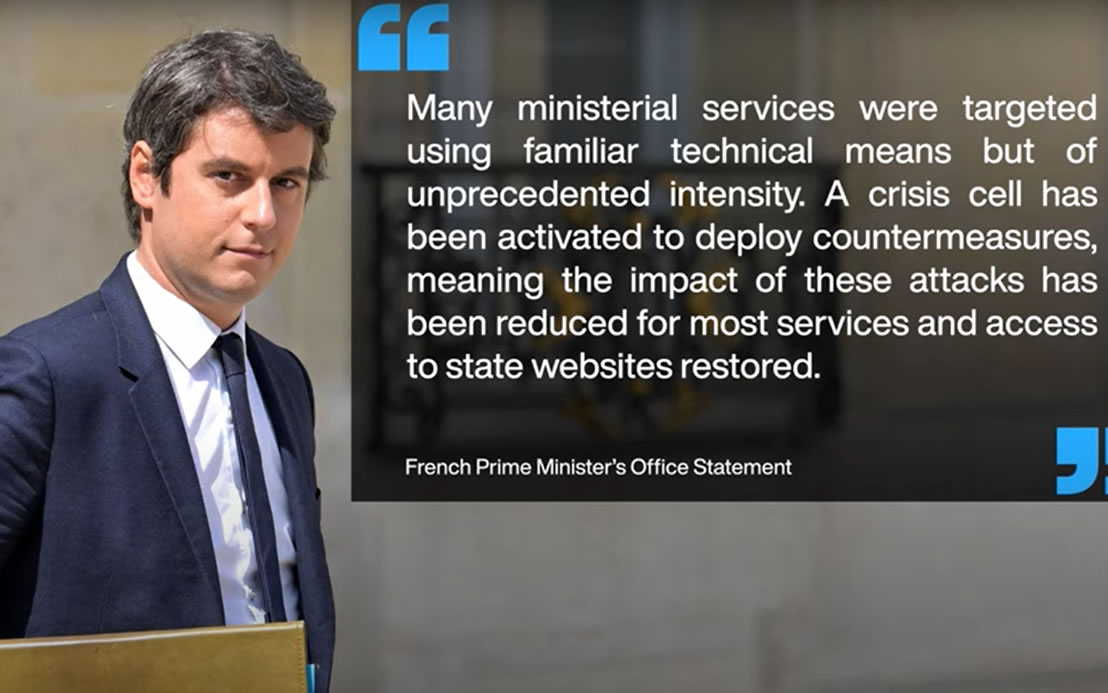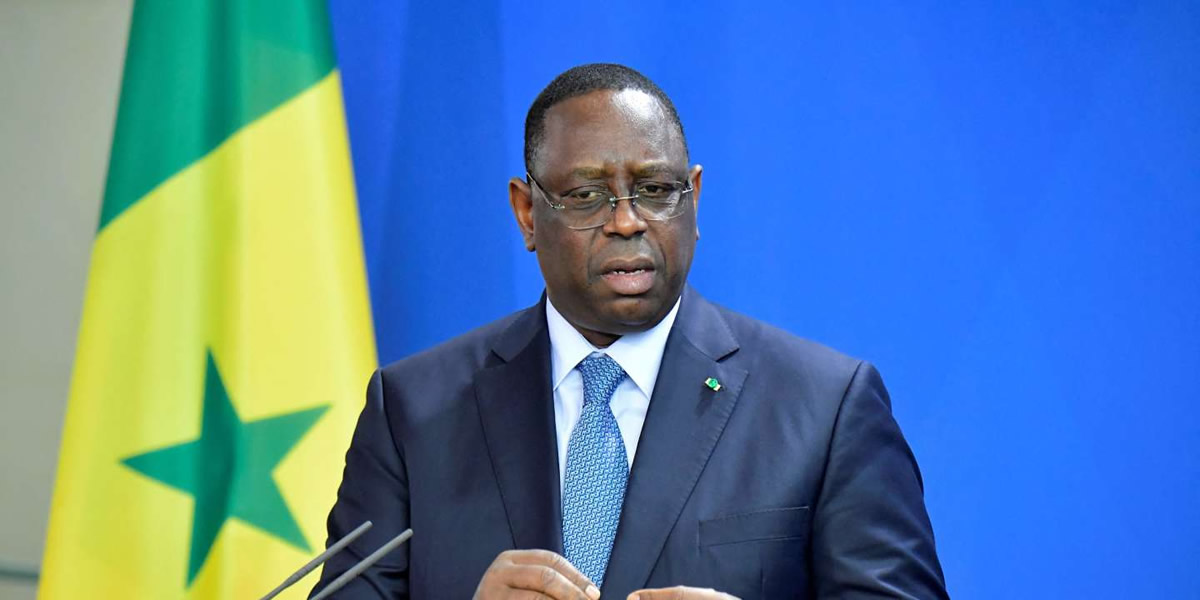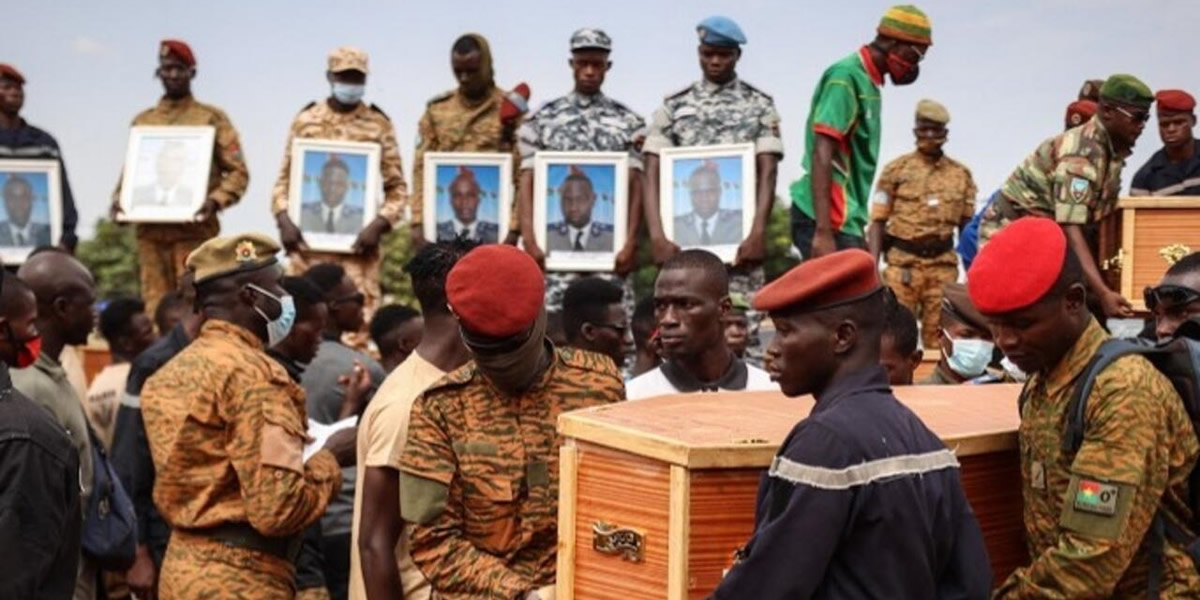A Force United Against Insurgency
The announcement, made after discussions in Niamey, the capital of Niger, underscores the commitment of these three nations to collectively address the security challenges plaguing the region. Leading the charge, Niger's army chief, Moussa Salaou Barmou, emphasized the swift operationalization of the **joint anti-jihadist force**. He highlighted, "The new force will be operational as soon as possible to take into account the security challenges in our space." Barmou expressed confidence that by combining their efforts, the three countries can establish a foundation for shared security.
Uncertainties and Details
While details regarding the force's size remain undisclosed, Barmou revealed that the armies have agreed to develop an operational framework that aligns with their collective defense and security objectives. This lack of specific details surrounding the force's structure and deployment timeframe generates questions regarding its immediate impact and long-term sustainability.
Shifting Alliances and Regional Dynamics
This announcement marks a further step towards closer collaboration between these Sahelian neighbors. Notably, all three nations have severed ties with France, their former colonial ruler and traditional security partner, and have increasingly sought cooperation with Russia. This shift in alliances has significant geopolitical implications and raises questions about the future of regional security dynamics.
Friction with Existing Blocs
The move towards a joint anti-jihadist force also signifies a growing disconnect between these nations and existing regional blocs. In January 2024, they announced their withdrawal from the Economic Community of West African States (ECOWAS), a move likely driven by frustration with the bloc's perceived ineffectiveness in addressing the jihadist threat. ECOWAS, in turn, had imposed sanctions on these countries due to the military takeovers that ousted democratically elected governments since 2020.
Roots of the Conflict
The jihadist insurgency in the Sahel region has its roots in 2012, when a rebellion erupted in northern Mali before spilling over to neighboring Niger and Burkina Faso in 2015. This escalating violence, attributed to jihadist groups affiliated with Al-Qaeda and the Islamic State group, has resulted in the estimated deaths of thousands and the displacement of millions across the region.
Looking Ahead: Uncertainties and Hope
The emergence of a joint anti-jihadist force presents both uncertainties and potential hope for the Sahel region. Whether this initiative will translate into tangible progress against the jihadist threat remains to be seen. However, this collective effort signifies a growing regional understanding of the need for unified action in the face of a shared security challenge. Only time will tell if this new force can effectively curb the ongoing violence and pave the way for lasting peace and stability in the Sahel.





















